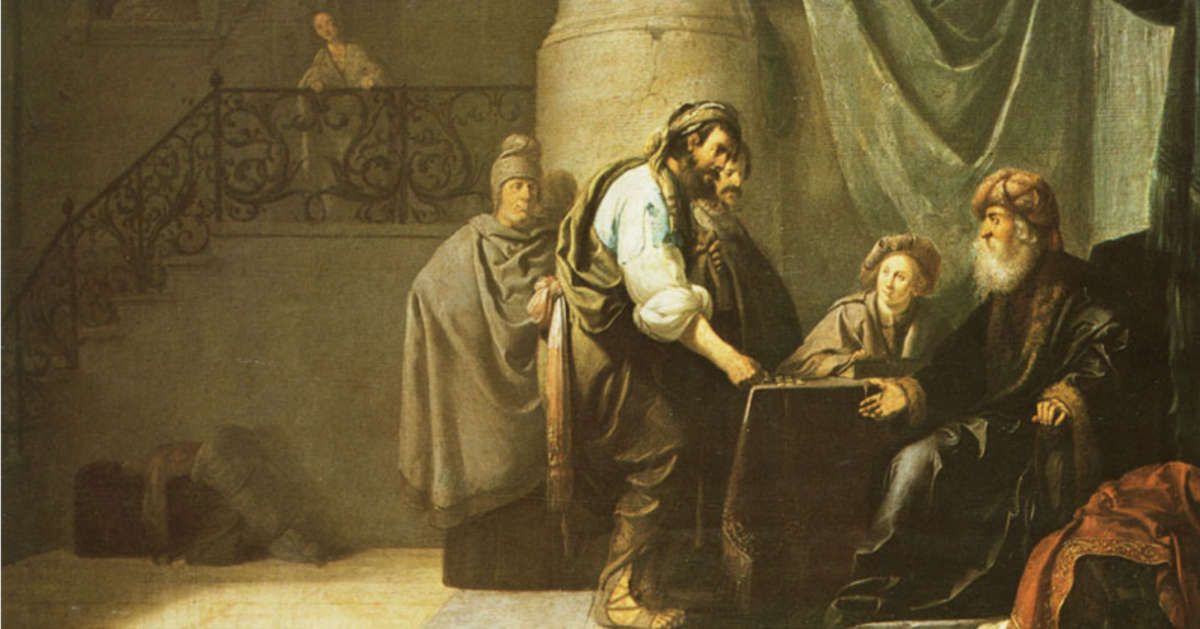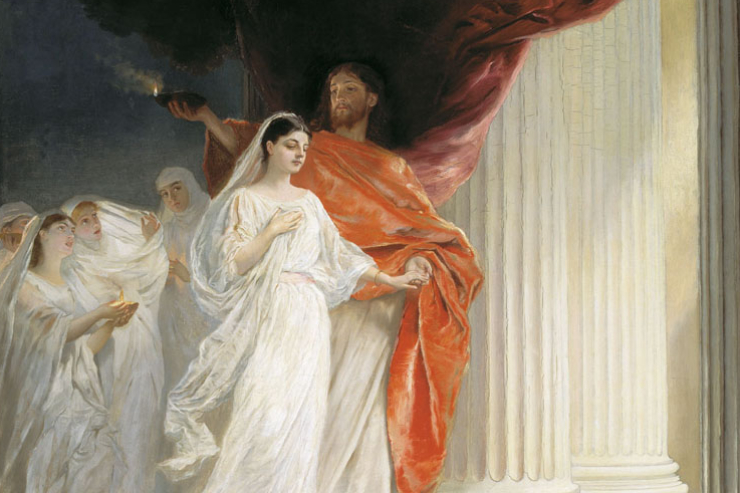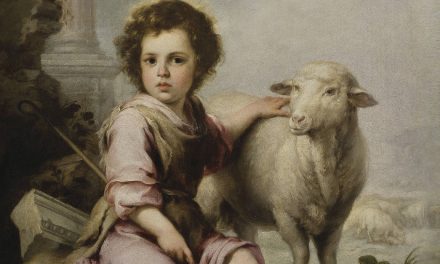We all have certain skills or abilities that were given to us as a gift, something the bible refers to as a talent. The question is, what do we do with these gifts?
To be fair, in biblical times, the word talent actually referred to an amount of money. But it is perfectly reasonable for the modern reader to recognize this term with its more common definition: a natural aptitude or skill that a person possesses. Jesus speaks about these ‘talents’ in a passage in the Gospel of Matthew:
For it will be as when a man going on a journey called his servants and entrusted to them his property; to one he gave five talents, to another two, to another one, to each according to his ability. Then he went away. (Matthew 15:14-15)
It is true that each of us possesses talents and abilities in varying degrees, but it is not so much what we were given, as what we do with what we were given. If you are familiar with the end of this parable in Scripture, you will remember that Jesus expected the recipients of His gifts to do something with them, not to simply bury them and let them lay dormant.
Now after a long time the master of those servants came and settled accounts with them. (Matthew 25:19)
The point of the story is that the recipients of the gifts did not know exactly when the Master would return, but they were expected to spend that time of His absence doing something with the talent they had been given.
In our case, it is important for us to come to understand what our true talents really are, and it is even more important for us to exercise them and increase them while we await the Master’s return. However, there is a more subtle and important message in the parable. You see, the talents we are given are not just some skill or ability we might exercise in our earthly life. Our talents have eternal application, and consequences. If we doubt this, we need only read Matthew 25:31-46.
If our talents are eternal, then they must be something larger than the various roles we play in life. If we are a mother or father, lawyer or doctor, soldier or sailor, baker or banker, teacher or tailor, these only represent a part of our talents.
Perhaps a true parable would help explain. There was a woman who worked for me many years ago. She was a wonderful assistant and took care of every little detail of my busy schedule at that time. At the same time, she was nursing her ailing husband, a Vietnam veteran who had a number of challenging medical issues. I had immense appreciation for how well she balanced all her responsibilities and made time to care for her husband. At the same time, I had a good deal of sympathy for the apparently demanding situation she had been dealt in life.
Eventually, her husband succumbed to his medical challenges and passed away. She experienced grief, but I also witnessed how the burden of nearly constant care for her husband had then been lifted off her shoulders – at least for a time.
You see, only months after her husbands passing, this woman invited her ailing mother to move in with her, and she found herself right back in the same situation of working full time while caring for a person who required almost constant care. When her mother passed, in her early ninety’s, my former employee then took on the task of helping to raise her daughter’s wayward son, who was going through a particularly challenging time in his life, as so many teenagers will. When she had her grandson out of the woods, she immediately volunteered at a local charity outreach center to assist young couples in managing their home finances, something she had become quite expert at over her longs years of service to others.
The point is that this woman was a wonderful administrative assistant, but she is a great deal more than that. She has talents that continuously allow her to help so many people, and she exercises those talents continuously. What I saw as a tough lot in life, she realized was God actually providing her with the opportunity to develop and use what He had given her to multiply her talents and use them to become the person He had always intended her to be.
The same is true for anyone of the roles identified in the list above. They are just roles we may play in life, but none of them, even mother or father, represent the breadth of who we are in Christ. Our talents are of an eternal nature, and they must be exercised and increased until the Master’s return. It does not matter what our circumstances are, whether we are a parent, a teacher, a nurse or a bricklayer, we all have talents that are expected to be developed, used and multiplied. And these multiplied talents are the same ones we will be rewarded for when the Master returns.
Let us pray this week that we might all find the grace to exercise our gifts for God’s Glory.
Copyright © Deacon Mark Danis
Image credit: “The Parable of the Talents” | Willem de Poorter, Public domain, via Wikimedia Commons
Please help spread the Gospel. Share this article with family and friends on Facebook and other social media.
Please Help Us — Our intentionally minimal fundraising is currently insufficient to cover operating expenses. Please read below:
We strive to operate on a very small budget, but we need your help. Both one-time and monthly donations are welcome. Just $10 a month will help cover the cost of operating Integrated Catholic Life for one day! Please help us bring enriching and inspiring Catholic content to readers around the world by giving today. Thank you!














